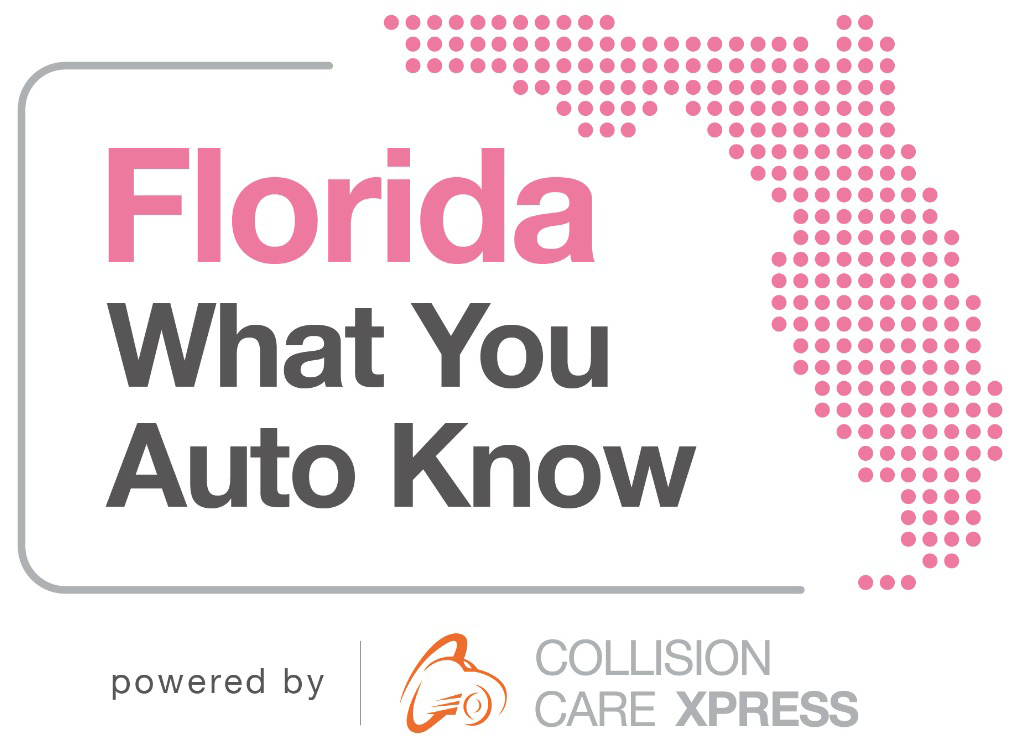The Insurance Adjuster Is NOT On Your Side
| The Insurance Adjuster Is NOT On Your Side |
| The insurance adjuster’s job is to limit the amount of money they pay out as little as possible on each and every claim, so as to maximize the profitability of the insurance company. Their goal is to settle your claim in a way that favors the insurance company they work for; this is what they get paid to do! This means that the insurance adjuster is not on your side. You are not working together towards a common goal. Your interests are not aligned. He or she may act friendly, give you tips, and tell you that want to make sure that you’re taken care of as soon as possible. All of that is simply a tactic. Don’t be fooled.
Insurance companies take every claim very seriously, you should treat your claim in the same way. Here are some of the ways an insurance adjuster seeks to limit money they pay out on claims, and steer you to a body repair shop that will cater to their interests: |
| • Refusing to follow original equipment manufacturer (OEM) repair & safety specifications. |
| It is important to note that service, repair and safety procedures provided by the OEM are specifications, not recommendations. And, following the OEM procedures is the best way to achieve complete, safe, quality repair of your vehicle. An insurance adjuster may disregard a published OEM repair specification or procedure, opting instead to pay only for the repair to meet some minimal, generic, or even superficial level of repair.
An OEM certified body repair shop must perform 100% of the OEM-published repair specifications and procedures, which will restore the vehicle to factory standards and not void the manufacturer’s warranty. However, a non-OEM certified body shop, which includes most of the chain and corporate owned body shops, doesn’t have this same standard nor accountability to the manufacturer, so they are willing to do the minimal, generic, or even superficial level of repairs as dictated by the insurance, instead of achieving 100% compliance with OEM-published repair specifications and procedures. |
| • Refusing to pay for diagnostic testing. |
| Very often diagnostic testing can be used to resolve differences of opinions between the repair options recommended by an OEM-certified body shop and those proposed by a claims adjuster. A customer can request and pay directly for diagnostic testing, the results of which may aid in any direct claim they pursue with their insurance company for baseless and unsubstantiated adjustment of their claim. Refusing diagnostic testing is often seen when either the outcome of that testing would substantiate higher claims costs to the detriment of the insurance company and/or undermine the repair opinions of the claims adjuster. |
| • Some insurance company’s only offer remote or virtual review of claims & supplements. |
| Going over the car together with your claims adjuster at a OEM-certified body repair shop is a good quality-control process to assure the estimate is thorough and accurate. Since COVID, many insurance companies have continued to rely on remote and virtual estimating and claims review. When there is a large discrepancy in claim, you should strive to get a claims adjuster to conduct an on-site inspection at the body shop. |
| • Use of “preferred body shop” to avoid having to defend the repair opinions. |
| Far too often the claims adjuster has little or no factual basis for defending his position, and relies on an emotional response. These responses can be along the lines of “that’s just what we feel is industry standard” or “we don’t think all of the manufacturer repair specifications included in the estimate are necessary” or “the labor rates are higher than industry norm”. A truly independent and quality body shop will advocate for its customers and requests the insurance adjuster provide documented support for their position. This request will then produce the evidence the customer needs in order to pursue direct claims with their insurance company. In contrast to an independent body shop, there are many body shops, including most chain and corporate owned body shops, that partner with insurance companies in order to be recognized as a ‘preferred body shop’ and get increased business from the insurance company. A ‘preferred body shop’ can’t afford (literally!) to bite-the-hand-that-feeds-them, they are no longer truly advocates for the best interest of the customer. |
| Not all body repair shops are created equal, and you need to look “behind the curtain” before making a decision to use a shop recommended by your insurance company. |
I know, first hand, that Collision Care Xpress, in Broward County, Florida is an independent body shop that works only for the customer, and not for the insurance company! Collision Care Xpress is not only OEM certified and employs OEM trained technicians, but the insurance claims adjuster is given detailed documentation to evidence damages and validate repair procedures and protocols; these are facts and not opinions given by this body shop to support the estimate line items, such as written documentation and specifications from the vehicle’s manufacturer.

Robert Molina writes insanely useful guides about the auto body repair process and what you need to know to make the process less stressful. With more than 25 years of experience as an independent auto body shop owner, he’s on a mission to stamp out gobbledygook and raise the bar for quality collision and auto body repairs.




